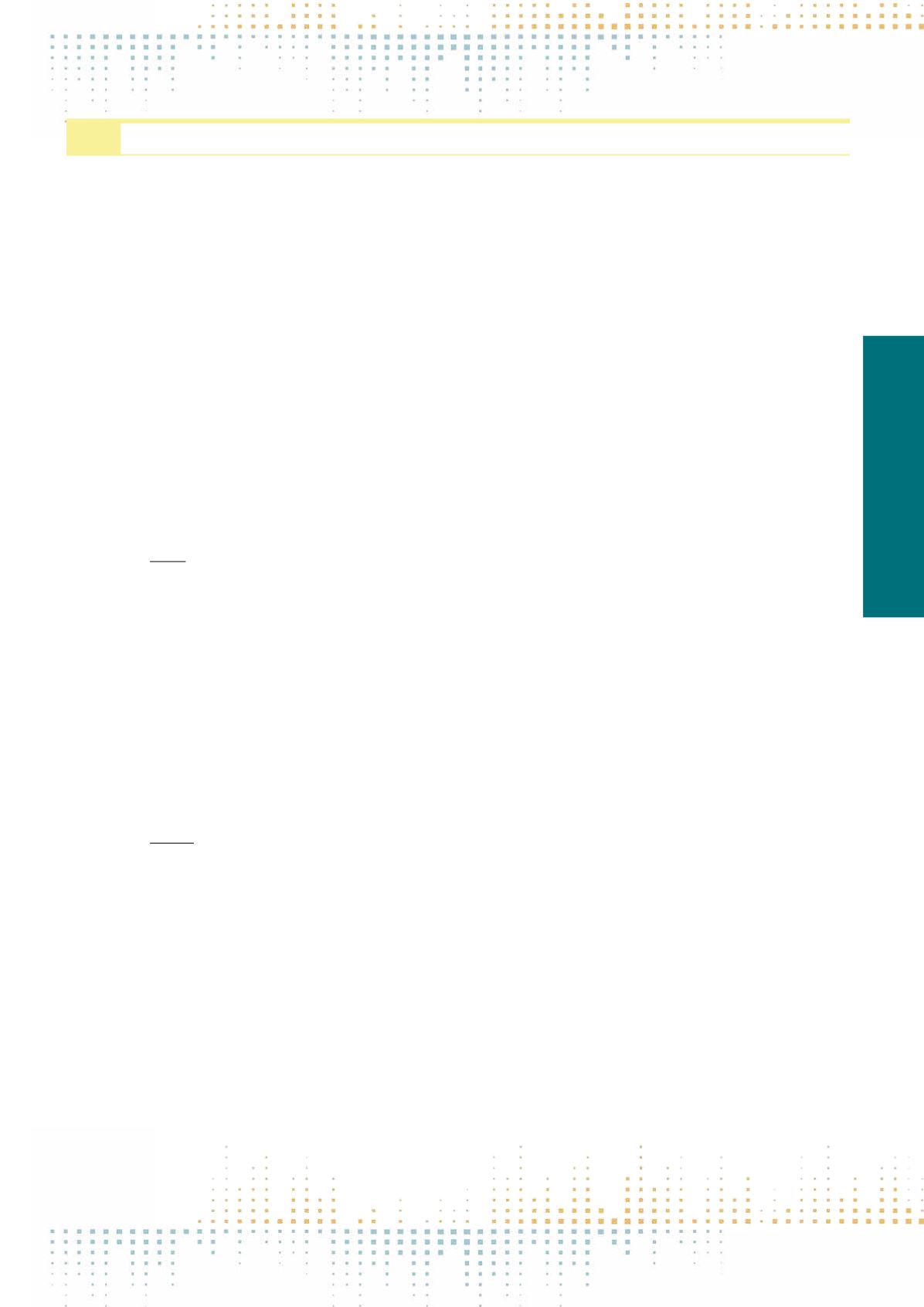

191
Saturday, November 12
1 1 : 0 0 – 1 2 : 3 0
DMM06 Mediating Fragmented Identities in Conflict: Kurds in theMiddle East and the Diaspora and Their Media
K. Smets
1
1
University of Antwerp / Vrije Universiteit Brussel, Communication Studies, Brussel, Belgium
As the theme of the 2016 ECREA conference indicates, media and communication technologies play a key role in the way in which current-day discontinu‑
ities, dislocations, and fragmentations take shape. This becomes apparent in the case of the Kurds, a diverse ethnic group that mainly lives in Turkey, Iraq,
Syria, Iran, and the diaspora (particularly inWestern Europe). Kurds are entangled in some of the most pressing conflicts in the Middle East such as the con‑
flict between the Turkish state and Kurdish insurgent movements, the Syrian civil conflict, and the international fight against Islamic State. These conflicts
have in common not only their trans-border character but also the centrality of mediated communications. It has become difficult to understand cur‑
rent-day conflicts in the Middle East, as well as the position of minorities (like Kurds) therein without paying attention to propaganda, counter-propaganda,
transnational mobilization, activism, and surveillance through media technologies. At the same time, last decades have seen the development of distinct
Kurdish mediascapes that were previously absent due to political, economic or technological obstacles. And while Kurdish mediascapes develop differently
across local, regional, national and diasporic settings, it is clear that they have gained prominence thanks to new media technologies. The aim of this panel
is not only to provide an overview of recent research on these emerging Kurdish mediascapes that offer new possibilities for dealing with discontinuities and
dislocations, but also to thoroughly investigate the role that media play in shaping fragmented identities among Kurds in the Middle East and the diaspora.
In order to do so the contributions in this panel will consider diverse aspects of media and communication including policy, censorship, production, and
reception, using a range of perspectives from journalism studies, sociology, political economy, and cultural studies. The reason for submitting this proposal
to the ‘Diaspora, migration and the media’division is twofold. First of all, as mentioned above, transnational and diasporic production and audiences play
a central role in emerging Kurdish mediascapes. Kurds are often noted for their nation building in the diaspora, which has developed very much through
technologies such as satellite television and social media. Secondly, the panel explores in different ways some of the core themes of this division by focusing
on politics of difference and identity, inclusion and exclusion, and ethnic identity.
PN 298
"Reporting with Your Conscience:" Kurdish Journalists and the Fields of Witnessing
S. Koçer
1
1
Kadir Has University, Department of PR and Information, Istanbul, Turkey
The defeat of the Islamic State (ISIS) by the Kurdish forces in Kobane at the Syrian-Turkish border in February 2015 attracted much attention from inter‑
national news media. In Turkey, on the other hand, the stance of mainstream news media in relation to both the conflict and its immediate outcomes,
such as thousands of refugees fleeing to Turkey, remained parallel to the political rhetoric disseminated by power holders who tended to label both sides
as terrorist enemies of Turkey. Even though Turkish news about the conflict in Kobane was sporadic and often propagandistic, Kurdish journalists from
Turkey working either freelance or affiliated in the region continued reporting on the war via alternative news channels, social media, and international
news agencies. Based on ongoing ethnographic research on Turkish news culture, this presentation draws on interviews with ten journalists who reported
from within Kobane and in Suruc across the Turkish border between September 2014 and February 2015. These journalists note that they did not simply
report on the tragic events, casualties, or refugee camps: rather, they geared their journalistic practice in order to create what Torchin has called‘witnessing
transnational publics’ (2012). Furthermore, they at times subverted the journalistic ideal of ‘professionalism’ in order to produce and circulate news that
countered the propaganda messages prevalent in Turkish media. While emphasizing the tension imposed by the myth of objective journalism, the journal‑
ists interviewed claim in divergent ways that their reporting was critical in the YPG/YPJ’s struggle against ISIS.
PN 299
Independent Kurdish Media in Syria: Conflicting Identities in the Transition
Y. Badran
1
, E. De Angelis
2
1
Vrije Universiteit Brussel, Communication Studies, Brussel, Belgium
2
American University of Cairo, Cairo, Egypt
The Syrian uprising in 2011 was accompanied by the birth of a new generation of media outlets trying to offer different narratives to those of the re‑
gime. Having gained a certain level of autonomy from both regime and opposition forces, the regions historically inhabited by Kurds have also witnessed
the emerging of local media: televisions such as RonahiTV, magazines and newspapers such asWelat, Buyer and Shar and radios such as Arta FM andWelat.
Indeed, Syrian Kurds have for the first time in their history the opportunity to speak for themselves. However, they are confronted with the problem of where
to direct their voices and which kind of political role they aim to play in the future of the region. This paper aims first of all at mapping the field of emerging
Kurdish media in Syria and analysing some of the main features of these outlets by situating them in the larger context of emerging Syrian media. Moreover,
the paper explores how these media were born and which kind of roles they intend to play in the current political context of the Syrian uprising and the fu‑
ture of Rojava. It also aims to analyse the political identity that these media tend to offer, and how they position themselves towards the issue of the Kurdish
identity in general and in Syria in particular. Finally, focusing in particular on media formally independent from political parties, we intend to investigate to
which extent these media have been capable at influencing the international coverage of Kurdish issues in Syria as local partners and mediators.



















